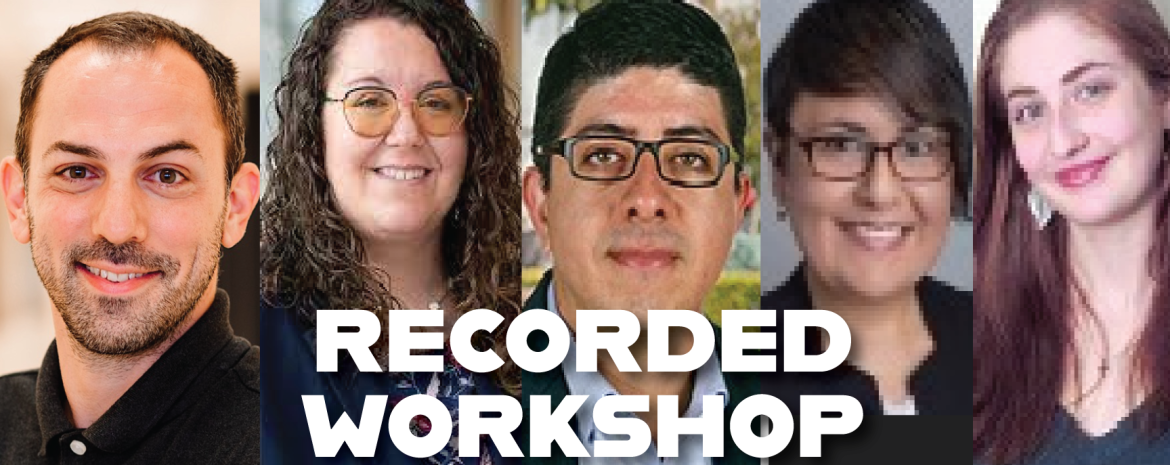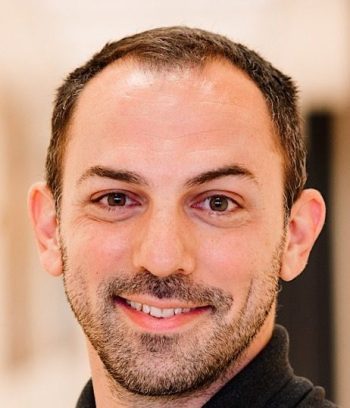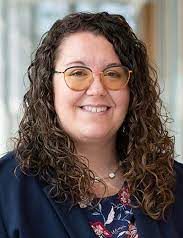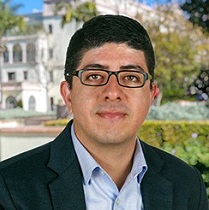Positionality 101: Reflecting on positionality in your research and practice to equity and impact
Title: Positionality 101: Reflecting on positionality in your research and practice to equity and impact
When: April 15, 2022 2:00 – 3:30 PM (Eastern Time)
Facilitators: Dr. Stephen Secules, Dr. Cassandra McCall, Dr. Alex Mejia, Dr. Matilde Sanchez-Pena, Dr. Martina Svyantek
Abstract: This workshop promotes reflection on positionality to help increase participants’ nuanced understandings of their impact on research and practice regarding equity. Positionality addresses our demographic identities (e.g., race, gender, sexual orientation, mental health), and includes both our personal sense of identity and how we are identified by others. The workshop will use paired narrative explorations to help participants unpack different dimensions of their positionality and impact.
Resource:
Secules, S., McCall, C., Mejia, J. A., Beebe, C., Masters, A. S., L. Sánchez‐Peña, M., & Svyantek, M. (2021). Positionality practices and dimensions of impact on equity research: A collaborative inquiry and call to the community. Journal of Engineering Education, 110(1), 19-43.
Video Recording:
Facilitator Information:
|
|
Dr. Stephen Secules- Stephen is an Assistant Professor of Engineering and Computing Education at Florida International University. He has a prior academic and professional background in engineering, having worked professionally as an acoustical engineer. He has taught a number of courses on engineering and education, including courses on engineering design, systems in society, and learning theories. Stephen’s research interests include equity, culture, and the socio-cultural dimensions of engineering education. |
|
|
|
Dr. Cassandra McCall- Dr. Cassandra McCall is an assistant professor in the Engineering Education Department at Utah State University. Her primary research interests include professional identity formation in undergraduate civil engineering students, grounded theory methods, and theory development. Her current work includes the exploration of professional identity formation in civil engineering students who experience disabilities and the ways in which this identity is influenced by students’ academic relationships, events, and experiences. Dr. McCall holds B.S. and M.S. degrees in Civil Engineering from the South Dakota School of Mines & Technology. |
|
|
|
Dr. Alex Mejia-Dr. Joel Alejandro (Alex) Mejia is an assistant professor in the Department of Integrated Engineering at the University of San Diego. His research has contributed to the integration of critical theoretical frameworks and Chicano Cultural Studies to investigate and analyze existing deficit models in engineering education. Dr. Mejia’s work also examines how asset-based models impact the validation and recognition of students and communities of color as holders and creators of knowledge. His current work seeks to analyze and describe the tensions, contradictions, and cultural collisions many Latino/a/x students experience in engineering through testimonios. He is particularly interested in approaches that contribute to a more expansive understanding of engineering in sociocultural contexts, the impact of critical consciousness in engineering practice, and the development and implementation of culturally responsive pedagogies in engineering education. | |
|
|
Dr. Matilde Sanchez-Pena – Matilde Sanchez-Pena is an Assistant Professor in engineering education at University at Buffalo – SUNY. Her current research areas include (a) advancing institutional diversity, (b) cultures of health in engineering education, and (c) data analysis skills of engineers. She aims to promote a more equitable engineering field in which students of all backgrounds can acquire the knowledge and skills to achieve their goals. She achieved her Ph.D. in Engineering Education from Purdue University. Before engaging in Engineering Education research, she completed graduate degrees in Industrial Engineering and Statistics and contributed to a wide range of research areas including genetic disorders, manufacturing optimization, cancer biomarker detection, and the evaluation of social programs. Dr. Sanchez-Pena is passionate about teaching engineering students and First-Year Engineering students in particular, from whom she draws inspiration because of their energy and creativity. She takes as her mission to foster such traits and support their holistic development, so they can find their unique engineering path and enact positive change. |
|
 |
Dr. Martina V. Svyantek – Martina has an earned doctorate in a self-designed and highly-individualized interdisciplinary program where she conducted institutional countersurveillance via accessibility-related policy documents. She earned her Bachelor of Science in civil engineering in 2011 from Auburn University, complemented by her MS from Virginia Tech in May 2018. Martina curates an ePortfolio (martinasvyantek.com) and tweets into the internet void (@svyantek). Ultimately, Martina aspires to continue working with the discipline-agnostic view of learning, research, and impactful service, weaving together connections and resources related to campus communities. |





